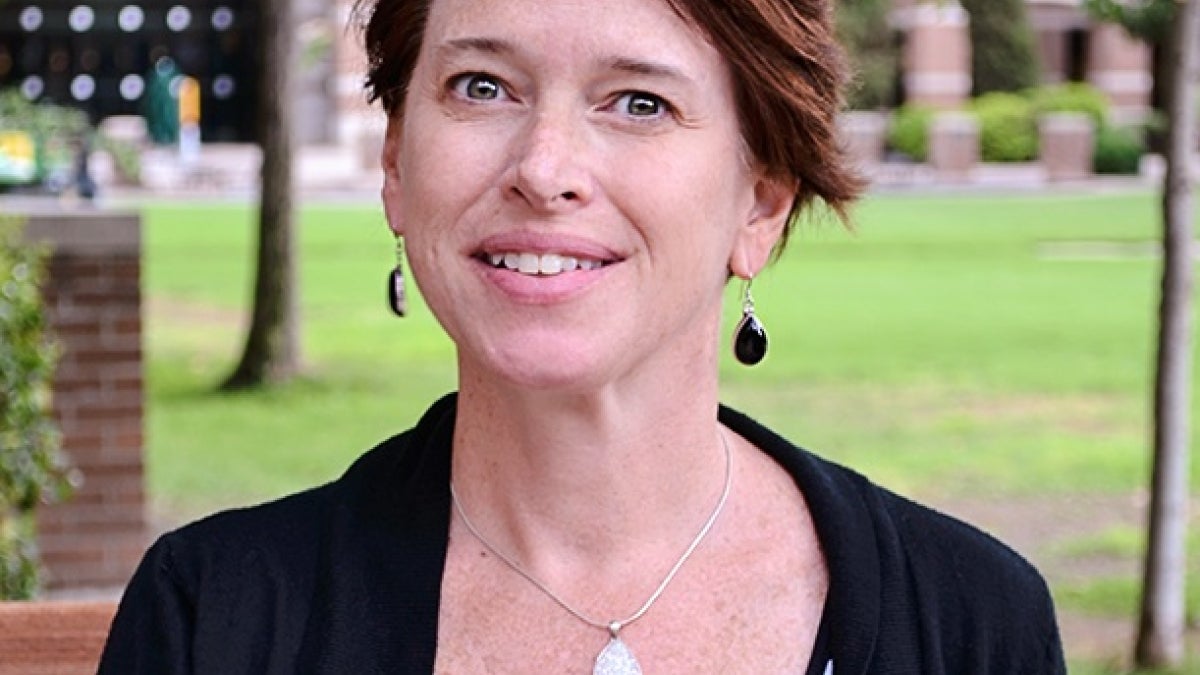Many women in poverty blame motherhood, bad relationships

Having had children – particularly early in life – and a dysfunctional romantic relationship are the two most frequently cited reasons when low-income mothers are asked about why they find themselves in poverty.
So say researchers Kristin Mickelson of the New College of Interdisciplinary Arts and Sciences at Arizona State University and Emily Hazlett of Kent State University and the Northeast Ohio Medical University, in a new article published in the academic journal Sex Roles.
The researchers believe that how a woman answers the question of “Why me?” when thinking about her own impoverished state influences her mental health. Such answers can also provide clues to whether the woman believes she will ever rise out of poverty.
The research conducted by Mickelson and Hazlett forms part of the larger “Mother’s Outcome Matters” study in northeast Ohio. They analyzed a set of close-ended questions that were put to a community sample of 66 low-income mothers.
The researchers found that women who attributed their poverty to having had children tended to suffer greater levels of depression, possibly because they feel some sense of guilt, blame or helplessness. Women who attributed their poverty to problems in their romantic relationships experienced more anxiety. This might reflect their sense of fear, or lack of control over issues such as domestic violence, the poor spending habits of their partners, or because they do not receive child support. Women who “shook their fists” at the government, or blamed discriminatory practices such as unequal pay to women, suffered both greater depression and anxiety. Only a few blamed fate for their situation.
Most women perceived their current social class to be significantly lower than it was when they themselves were children. They were, however, quite optimistic that they would be able to enjoy middle class living in the not too distant future. This was especially true for women who blamed their poverty on becoming mothers, or the state of their romantic relationships. This might be because they believe they can rise out of poverty once the reasons behind it are removed, for instance when their children leave home, or when they are able to escape a bad relationship.
Therefore, Mickelson and Hazlett suggest that women who blame their motherhood or romantic relationships for their state of poverty will be the ones that benefit most from current mental health programs aimed at domestic violence victims and childcare issues.
“By understanding how women answer the question of who or what is to blame for their current financial situation, we can begin to develop more effective interventions and policies,” said Mickelson.
“We are better able to understand whether such women will tend to suffer depression or anxiety, and how they think about their chances of being able to rise above their current social class and situations,” added Hazlett.
Mickelson is a professor in New College’s School of Social and Behavioral Sciences. New College is the core college on ASU’s West campus. Mickelson recently joined ASU after serving as a faculty member at Kent State University. She earned her doctorate in social psychology at Carnegie Mellon University.
“ASU and New College were appealing to me because of the transdisciplinary approach to research and teaching,” Mickelson said. “My research is at the intersection of sociology and psychology, and rather than trying to fit into one ‘box’ or the other, I can conduct the research that I want at ASU. In a sense, I see New College as a place to conduct ‘research without borders.’”
Mickelson utilizes both sociological and psychological literature to inform her research questions. Her work examines the role of stressors and psychosocial factors on relationship functioning and health. She has investigated how various dimensions of stressors affect social support processes, as well as the role of contextual factors such as socioeconomic status on the stress-social support-health relationship.
Specifically, Mickelson is interested in the social distribution of social support processes and whether these can help to explain the differential vulnerability to life events. One current research focus is on gender differences in the risk and protective factors for postpartum distress in couples making the transition to parenthood.
“We are fortunate to have an experienced senior scholar in psychology join us,” said Jeffrey Kassing, director of the School of Social and Behavioral Sciences, regarding Mickelson’s decision to join ASU. “Kristin brings a strong programmatic line of research that complements our existing strengths in social psychology well.”